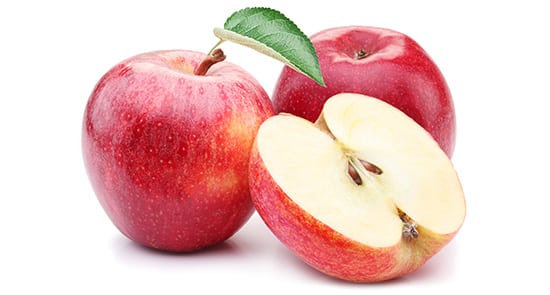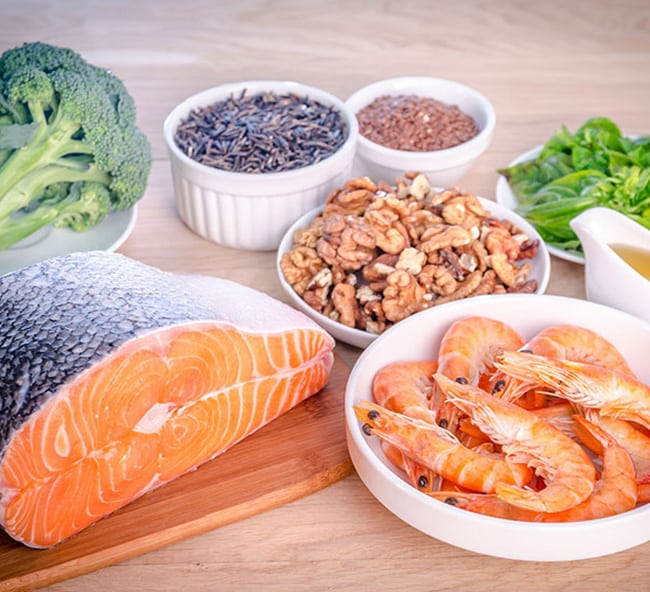
Your nutrition will help provide you with long-term results.
The connection between what you eat and how much you weigh goes beyond the amount of food you eat. Your weight is largely determined by your nutritional habits, or the overall “goodness” of the foods you choose and the ingredients you use to cook and bake.
- Having a better insight into how nutrition and weight relate can provide an added incentive to make healthy and beneficial food choices likely to keep your weight in check, or to understand how you might have started to develop weight problems in the first place.
CONTACT US TODAY
Weight and Calorie Intake
Pastries, fruit juices, and French fries are among the foods packed with empty calories and saturated fats. Choosing a diet that primary consists of foods like this means you’ll be consuming more calories than your body can naturally burn. All of those extra calories, especially if they come from fat, get into tissues throughout your body. The result is excess fat accumulation and weight. On the other hand, a balanced diet that includes healthy, nutrition-rich foods will result in fewer excess calories and less body fat.
The Office of Disease Prevention and Health Promotion recommends the following diet choices:
- Green, leafy vegetables
- Bright-colored citrus fruits
- Lean proteins and low-fat dairy products
- Fish containing healthy omega-3 fats

Weight-Related Conditions
The National Institutes of Health (NIH) estimates that as many as 2 out of 3 American adults are either overweight or obese. Numerous studies show that excess weight gain from poor nutritional choices contributes to an assortment of health problems. Approximately 20 percent of cancer cases are diet-related, according to estimates by the American Cancer Society. Type 2 diabetes is directly linked to poor nutrition and weight. Extra weight elevates blood sugar and cholesterol levels and increases blood pressure, further increasing the risk of developing diabetes.
Excess weight due to poor nutrition increases pressure on bones and joints and causes back and neck pain. Added pressure on joints may accelerate age-related wear-and-tear and hasten the progression of arthritis or osteoarthritis. Tissues providing nutrients to the spine also suffer from unhealthy food choices. A diet lacking proper nutrition weakens bones and joints already sustaining added pressure from extra weight.
Nutrition, Weight, and Sleep
A lack of sleep can make it more difficult for you to properly digest food and burn fat. If you’re not making wise food choices, you not be getting enough sleep, which could add extra pounds. Having high-caffeine foods or drinks late in the day, including soda and chocolate, can also make it hard to fall asleep or stay asleep. Being sleep-deprived increases production of the stress hormone cortisol. Unfortunately, too much of this hormone in your body can increase your appetite. The result is a vicious cycle where you’re losing sleep because of what you eat and gaining weight because you’re not getting enough sleep.
Lack of Energy and Weight Gain
Fresh berries, baked black beans, and a serving of almonds are some of the foods you’ll want to eat on a regular basis to maintain your energy level. Eating foods loaded with sugars, empty calories, and saturated fats can steadily drain your energy throughout the day. As a result, you’re likely to have less incentive to get regular exercise. Too much weight can lead to a general lack of energy and fatigue that makes it harder to burn calories.
Weight, Nutrition, and Mood
Your mood is likely related to your weight if feeling emotional prompts you to seek out certain foods for comfort. Unfortunately, some common comfort foods like fried chicken and macaroni and cheese are loaded with calories and unhealthy fats. Such foods can also put on pounds if enjoyed too often. Opting for healthier mood-boosting foods instead can reduce your risk of gaining weight when you feel down. Certain foods also encourage the release of endorphins, your body’s natural “feel good” chemicals, and further reduce your risk of experiencing emotions that may lead you to make unhealthy food choices.
Energizing foods include:
- Honey and cinnamon
- Greek yogurt
- Dark chocolate (in moderation)
- Cherry tomatoes and sweet potatoes
The key to managing your weight is finding the right balance with the foods you enjoy every day. Keeping variety in your diet will discourage you from opting for processed foods, sugar goodies, and other foods lacking nutritional value. Occasional treats are fine — in moderation.
Weight can be affected by other factors other than nutrition, such as genetics and other issues specific to your lifestyle. Yet there’s plenty of evidence to suggest that making wise food choices can increase your odds of experiencing meaningful results with your weight loss efforts.

